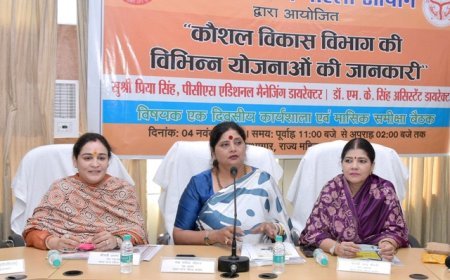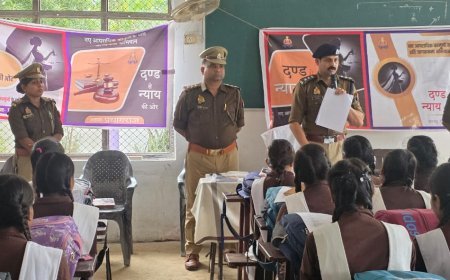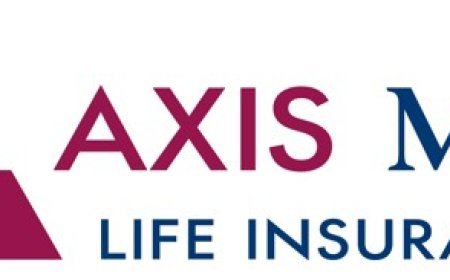HDFC Bank Educates Over 1,000 Teachers on Safe Digital Banking Practices

Through this session, teachers gained valuable information about safe digital banking practices. The initiative aimed to help citizens stay vigilant and protect themselves from cyber scammers.
The session used real-life examples, stories, and videos to help participants understand the various tactics used by fraudsters. HDFC Bank has been conducting cyber fraud awareness sessions and workshops under the Safe Banking initiative at various locations across the country for the past four years.
The workshop covered several relevant topics, leading to a better understanding of digital security:
1. Cyber Fraud Awareness: Common cyber threats such as vishing, phishing, smishing, remote device access, SIM swaps, and UPI fraud were discussed in detail. Scams masquerading as investments, job offers, digital arrests, fake couriers, and other scams were also discussed and ways to identify and prevent them. Real-life examples were used to deepen understanding.
2. Safe Net-Banking and Shopping Tips: Sessions highlighted best practices for secure online transactions and tips for safe online shopping.
3. Preventive Measures: Attendees were advised not to disclose their sensitive bank information.
4. Report Suspected Scams: Report any suspicious calls/messages on the Chakshu portal at www.sancharsaathi.gov.in.
Commenting on the session, Mr. Manish Agarwal, Senior Executive Vice President (Credit Intelligence & Control), HDFC Bank, said, "People fall prey to cyber fraud due to lack of awareness. Therefore, it is important to raise awareness so that they do not share confidential banking data or click on unverified links. These sessions aim to equip learners with the right knowledge to navigate the online world safely."
The Bank encourages customers to be vigilant when making digital transactions, adopt safe banking practices, and not share their personal banking information with anyone. If customers become victims of online fraud, they should immediately report the unauthorized transaction to the bank and block the payment method to avoid future losses. Customers can also file a complaint by calling the 1930 helpline number launched by the Ministry of Home Affairs (MHA) and by registering a complaint on the National Cyber Crime Reporting Portal https://cybercrime.gov.in.
What's Your Reaction?
 Like
0
Like
0
 Dislike
0
Dislike
0
 Love
0
Love
0
 Funny
0
Funny
0
 Angry
0
Angry
0
 Sad
0
Sad
0
 Wow
0
Wow
0














































